Introduction
Smart glass is a cutting-edge technology that has revolutionised the way we interact with windows and glass surfaces. It offers the ability to switch between transparent and opaque states, providing privacy, energy efficiency, and aesthetic appeal. One crucial aspect of smart glass that influences its effectiveness and longevity is durability. In this blog, we will explore the concept of smart glass durability, its importance, factors affecting it, and techniques to enhance its lifespan.
What is Smart Glass?
Smart glass, also known as switchable glass or electrochromic glass, is a type of glass that can alter its light transmission properties when a voltage or current is applied. It transitions from transparent to translucent or opaque, allowing control over visibility, light transmission, and solar heat gain. This innovative technology finds applications in architecture, automotive, aerospace, and other industries.
Importance of Durability
Durability plays a vital role in determining the lifespan and reliability of smart glass. As this technology is integrated into various applications, including windows, partitions, and display panels, it is crucial for the glass to withstand everyday wear and tear, environmental factors, and operational requirements. A durable smart glass ensures long-term functionality, cost-effectiveness, and customer satisfaction.
Factors Affecting Smart Glass Durability
Several factors can impact the durability of smart glass. One primary factor is the quality of materials used in its construction. High-quality glass and electrochromic films are essential for longevity. Additionally, the manufacturing process, such as the deposition of coatings and lamination, can influence durability. Environmental factors like temperature variations, humidity, and exposure to UV radiation also play a role.
Manufacturing Techniques for Enhanced Durability
Manufacturers employ various techniques to enhance the durability of smart glass. Advanced deposition methods, such as sputtering and chemical vapor deposition, ensure uniform and robust electrochromic coatings. Additional protective layers, such as scratch-resistant and UV-blocking films, can be applied to improve resistance to physical and environmental damage. Quality control measures throughout the manufacturing process also contribute to durability.
Types of Smart Glass with High Durability
Several types of smart glass exhibit exceptional durability. Polymer-dispersed liquid crystal (PDLC) smart glass, which consists of liquid crystal droplets dispersed in a polymer matrix, offers good impact resistance and long lifespan. Suspended particle devices (SPDs) smart glass, based on the use of light-scattering particles, provides excellent durability and fast switching times. Electrochromic-based smart glass, incorporating solid-state chemical reactions, is known for its durability and reliability.
Applications of Durable Smart Glass
Durable smart glass finds extensive applications across various industries. In architecture, it is used for smart windows, skylights, and privacy partitions. Automotive manufacturers incorporate durable smart glass in sunroofs, side windows, and rear view mirrors. The aviation industry utilises smart glass for cabin windows and glare control. Healthcare facilities, retail stores, and hospitality venues also benefit from the versatility and durability of smart glass.
Benefits of Using Durable Smart Glass
Using durable smart glass offers several advantages. Firstly, it ensures long-term cost savings by reducing the need for frequent replacements and repairs. Durable smart glass also enhances energy efficiency by minimising heat transfer and reducing the reliance on artificial lighting. It provides privacy on demand, improves comfort, and contributes to a modern and sophisticated aesthetic. Moreover, durable smart glass can enhance the overall value and marketability of a property or product.
Maintenance and Care Tips
To maximise the durability and lifespan of smart glass, proper maintenance is essential. Regular cleaning with non-abrasive, ammonia-free solutions helps remove dust, fingerprints, and smudges. Soft microfiber cloths or sponges should be used to prevent scratches. It is advisable to avoid using sharp objects or abrasive cleaners that can damage the electrochromic coatings. Following manufacturer guidelines and periodic inspections ensure optimal performance and longevity.
Future Trends in Smart Glass Durability
As technology advances, the future of smart glass durability looks promising. Ongoing research focuses on developing more robust and flexible electrochromic materials, improved manufacturing techniques, and increased compatibility with smart systems. Integration of self-healing properties, anti-glare functionalities, and enhanced durability in extreme conditions are areas of active exploration. These advancements will contribute to the widespread adoption of durable smart glass in various industries.
Conclusion
Smart glass durability is a critical aspect to consider when implementing this innovative technology. With proper manufacturing techniques, high-quality materials, and appropriate care, smart glass can deliver exceptional performance and longevity. Its durability ensures long-term benefits, energy efficiency, and customer satisfaction. As the technology continues to evolve, durable smart glass will witness increased demand and find its way into more applications across different sectors.
Who We Are
Tecdur is the leading manufacturer of smart glass for the UK and Ireland. Tecdur Switchable Glass provides the best clarity, lowest power consumption and lowest haze currently available. We can offer a wide range of specifications to meet project requirements with our switchable glass, cost is dependent on specification, application and design. Please get in contact with us to discuss further.
Please visit our portfolio for a look at completed projects. Keep up to date on our LinkedIn Showcase page
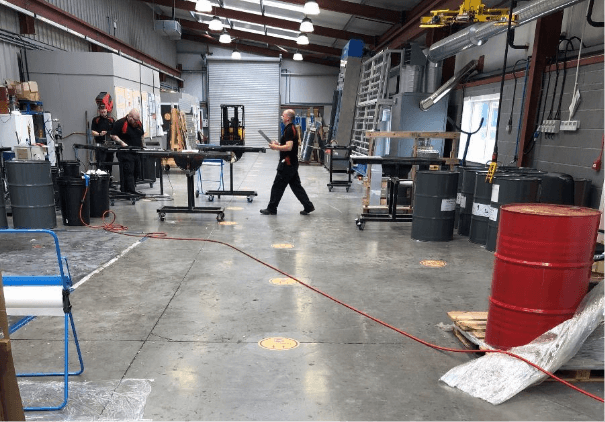
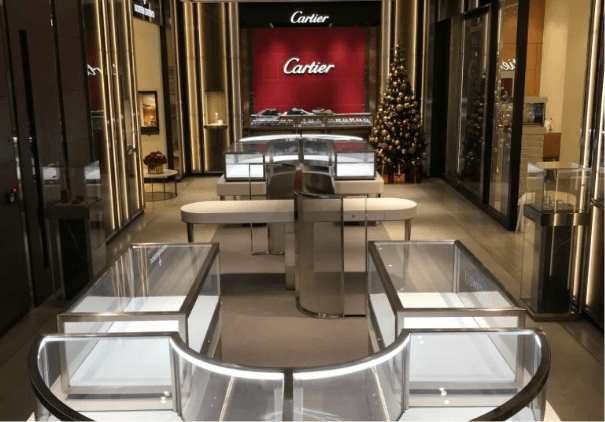
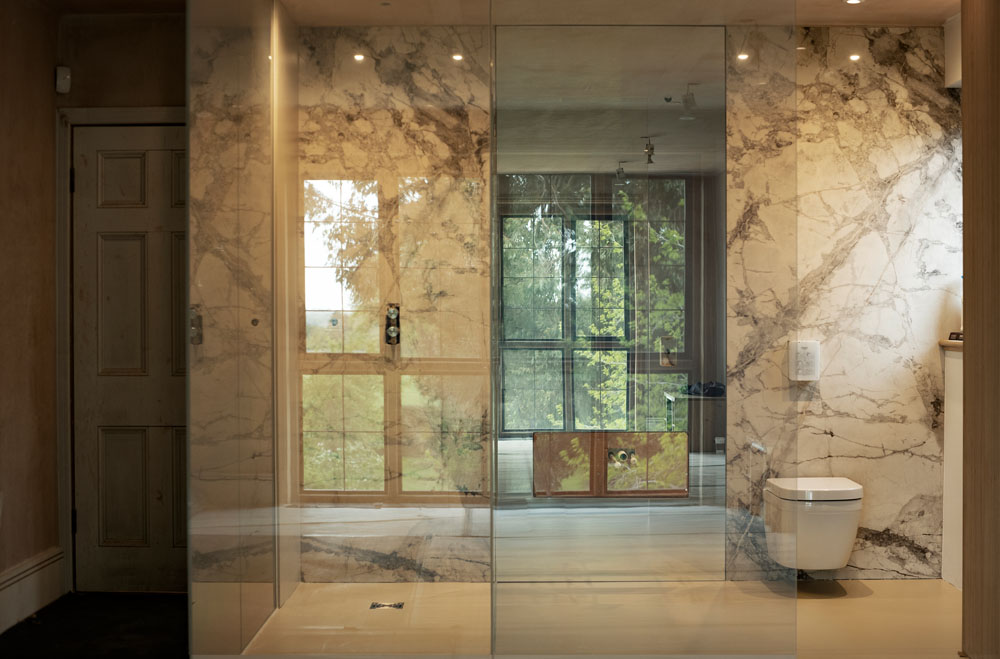
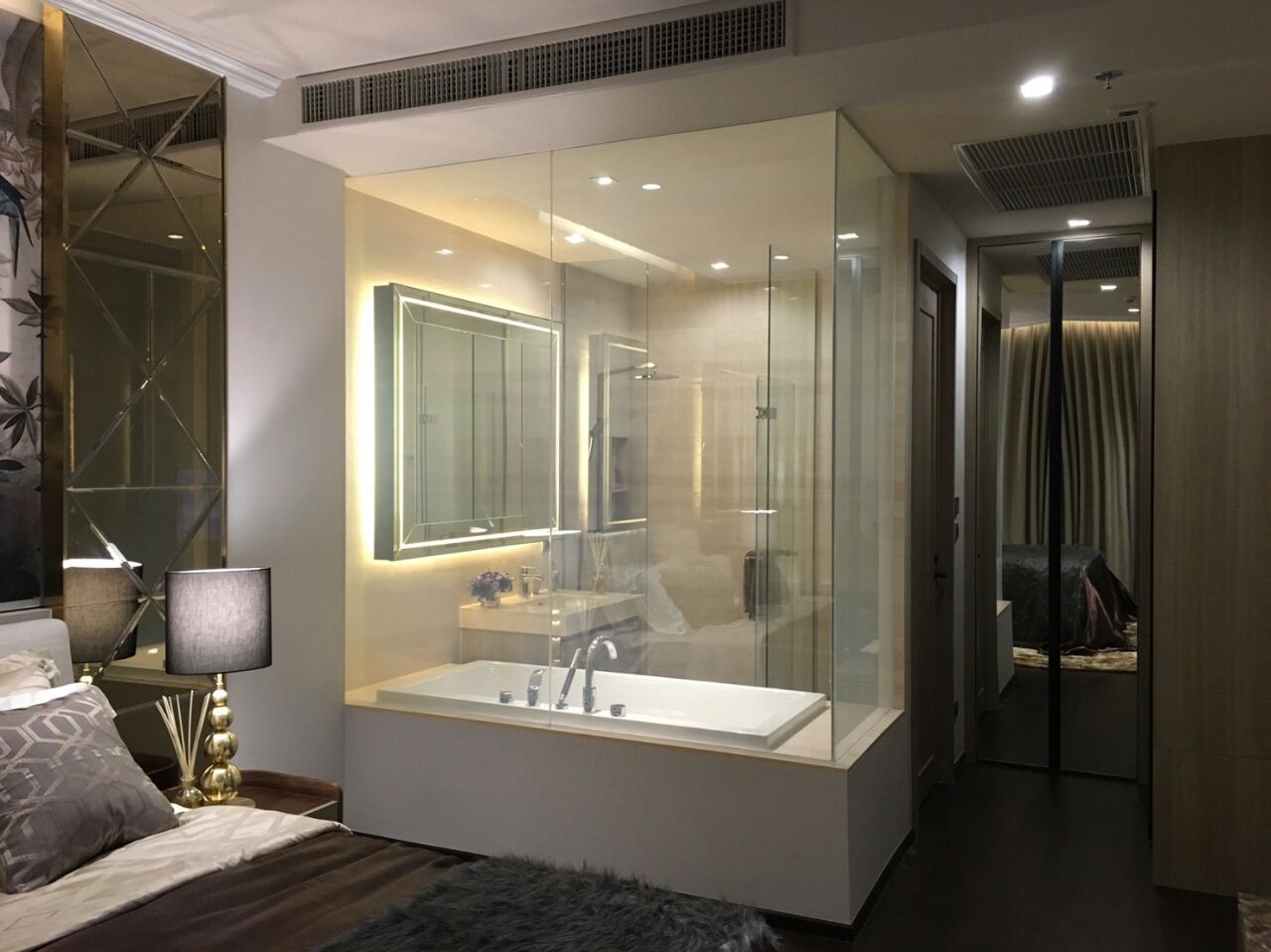
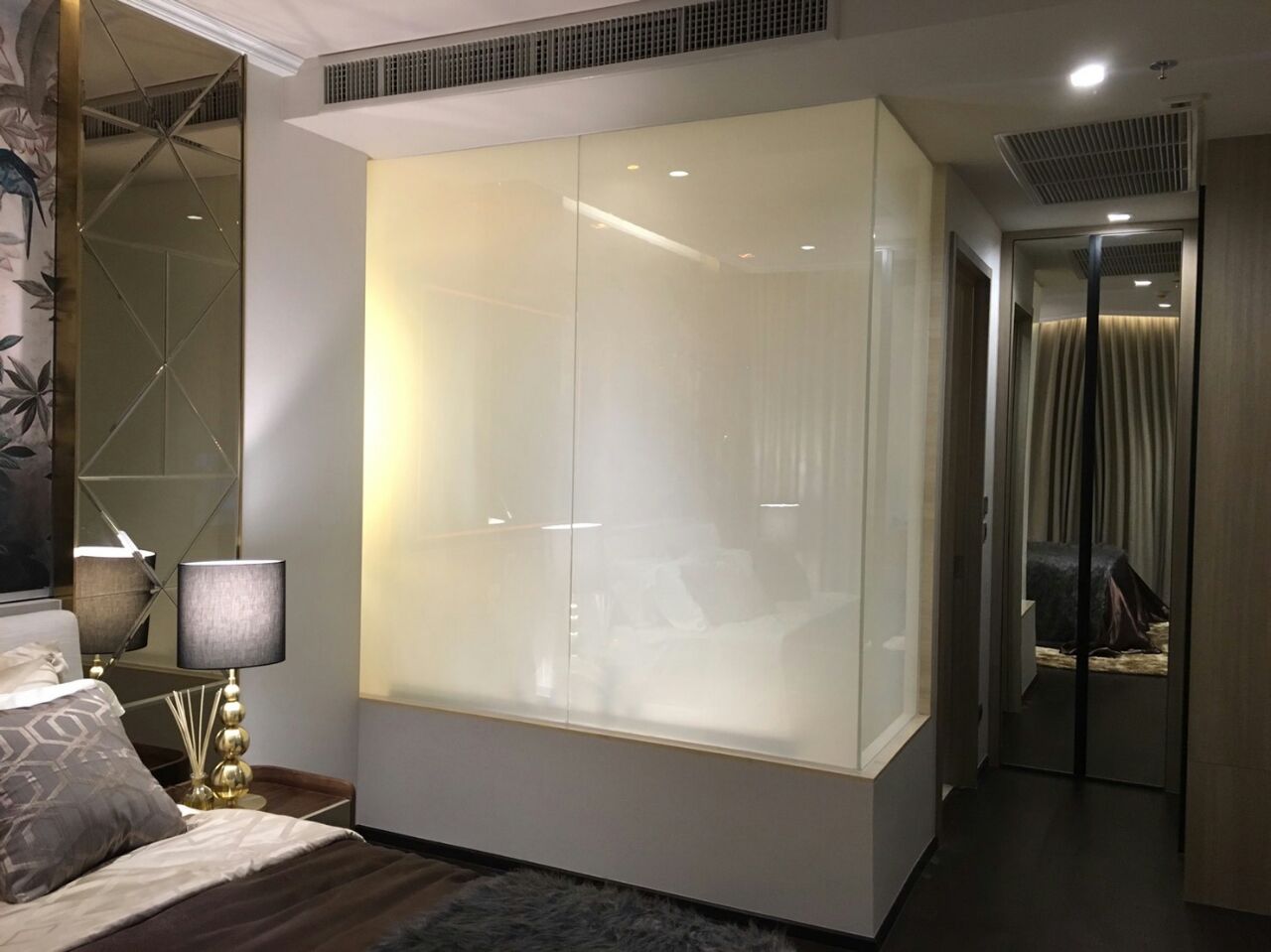
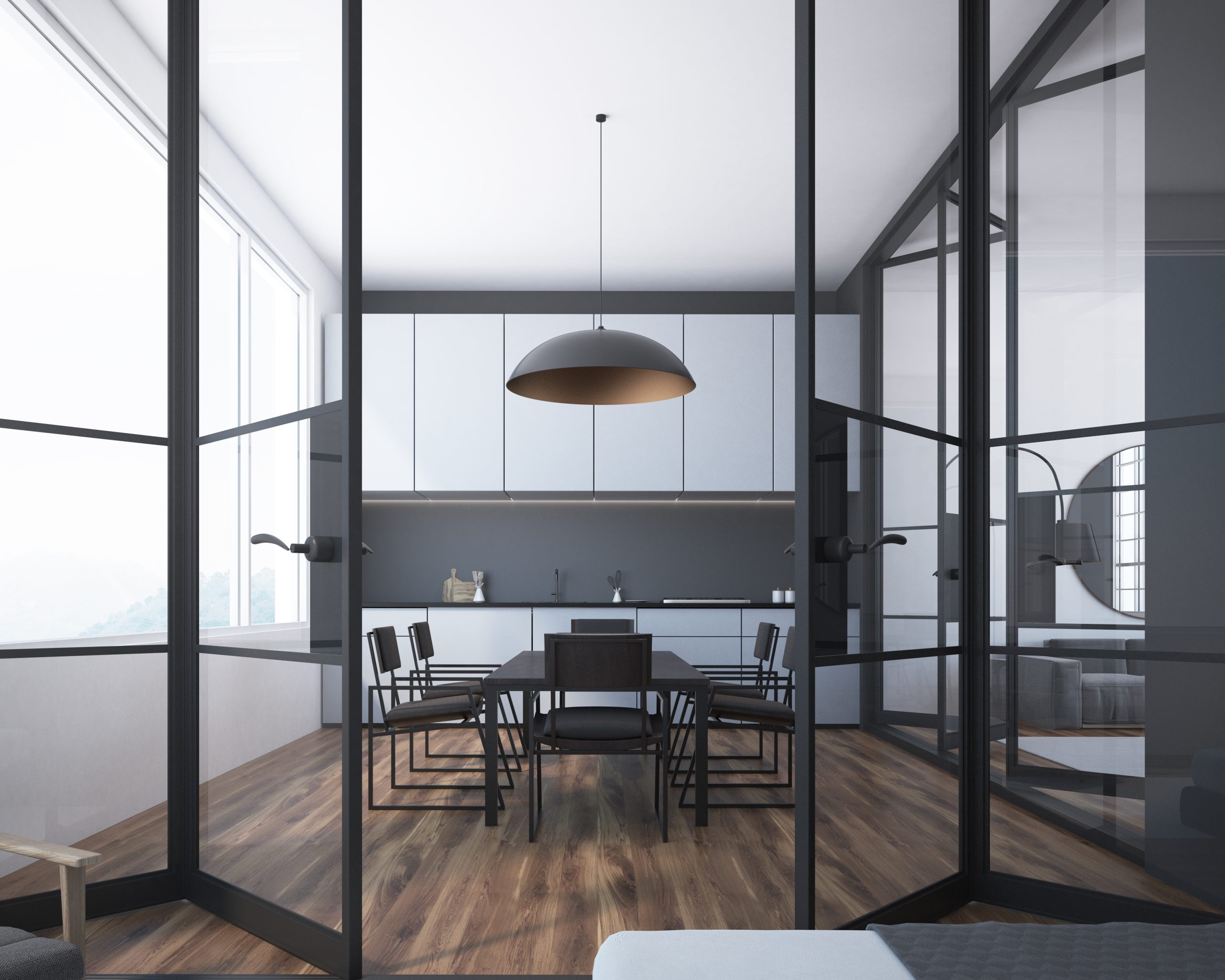
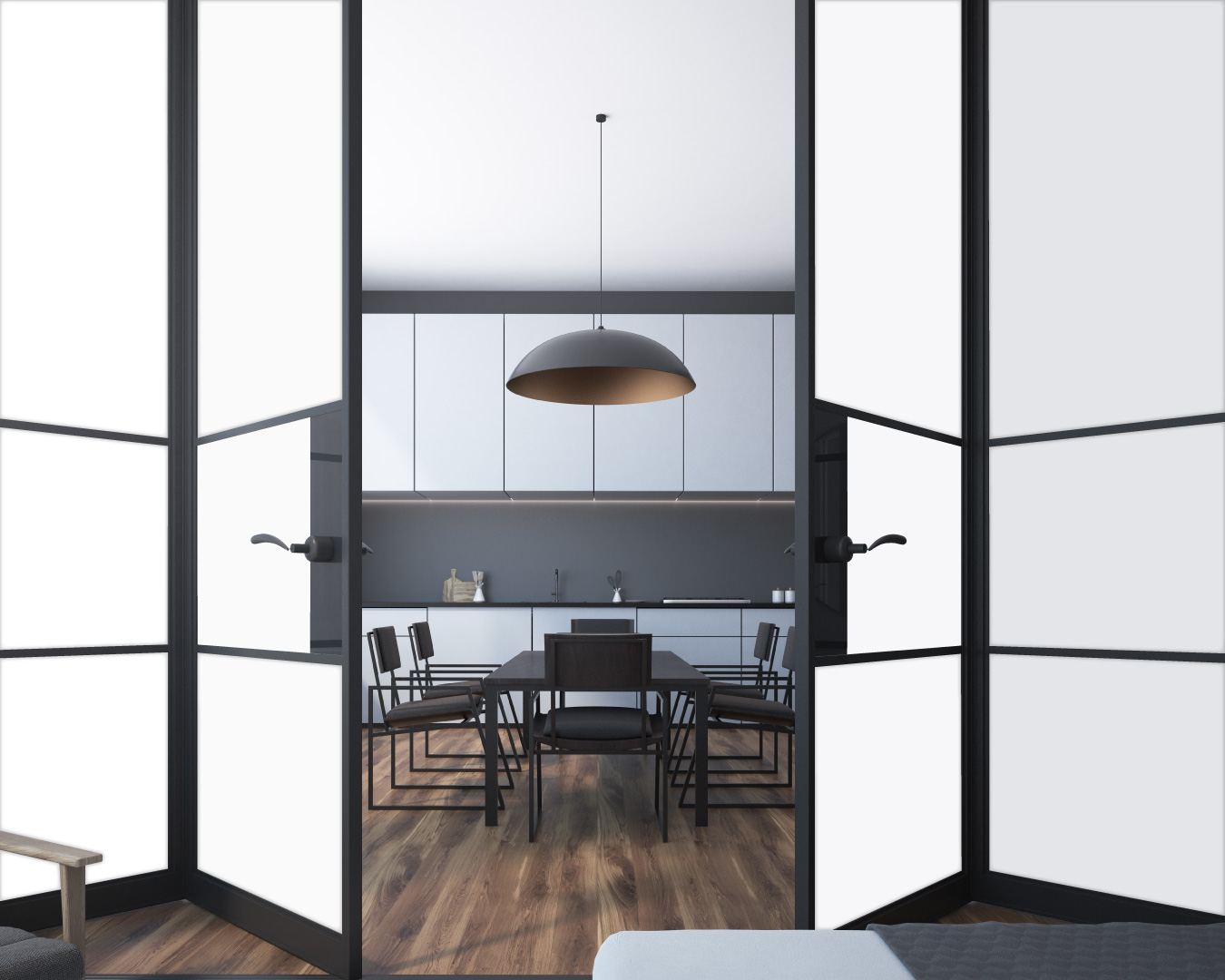
Frequently asked Questions
Our privacy glass works by utilising advanced PDLC (Polymer Dispersed Liquid Crystal) film. When an electrical current is applied, the liquid crystal molecules align, allowing light to pass through, making the glass transparent. When the current is switched off, the molecules mis-align, causing the glass to turn opaque or translucent, providing privacy.
Yes, durable smart glass is designed to withstand extreme weather conditions, including high temperatures, humidity, and UV radiation. However, it is essential to choose the right type of smart glass suitable for specific environmental requirements.
In some cases, minor damages to smart glass can be repaired by professionals. However, significant damage may require replacement. It is advisable to consult the manufacturer or a qualified technician for repairs or replacements.
Yes, smart glass remains energy-efficient even in its opaque state. The ability to switch between transparent and opaque modes allows for controlled natural lighting, reducing the need for artificial lighting and minimising heat gain.
While smart glass provides some degree of sound insulation, it may not be as effective as specialised acoustic glass or insulation materials. However, combining smart glass with other soundproofing solutions can enhance overall acoustic performance.
Smart glass offers privacy on demand, allowing users to control visibility. However, it is important to consider potential privacy concerns when using smart glass in shared spaces. Proper control systems and privacy settings should be implemented to address these concerns effectively.




